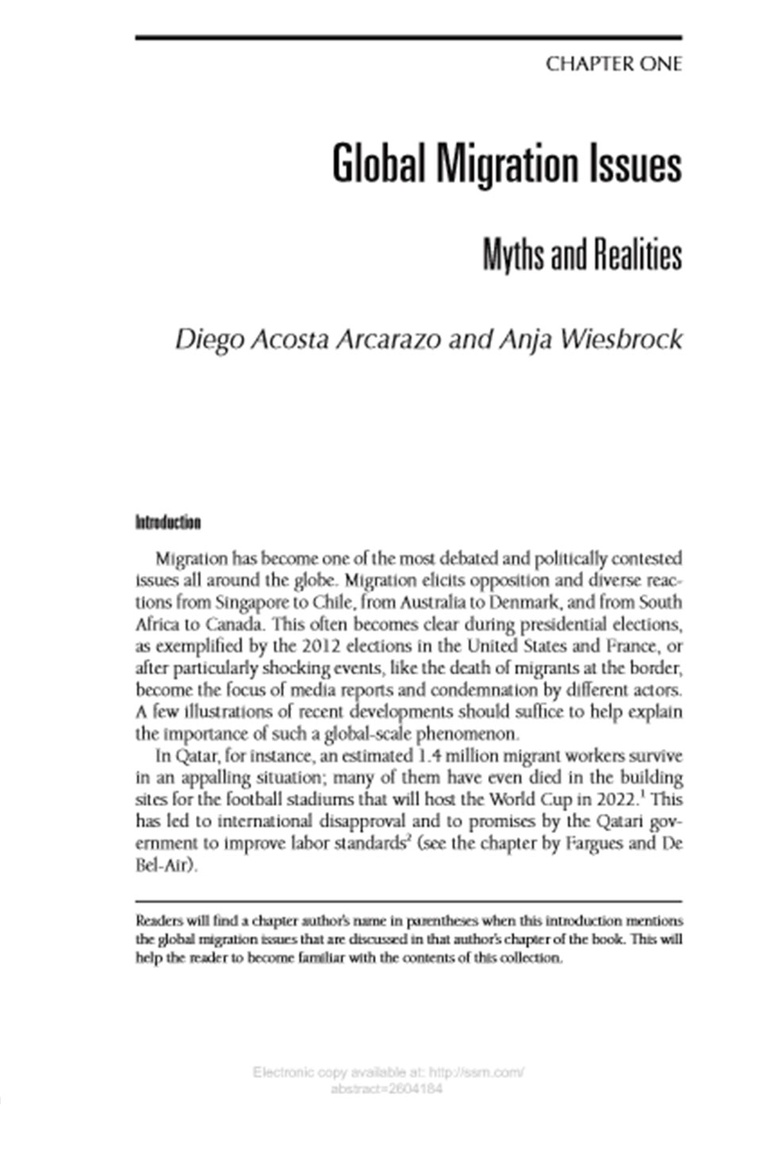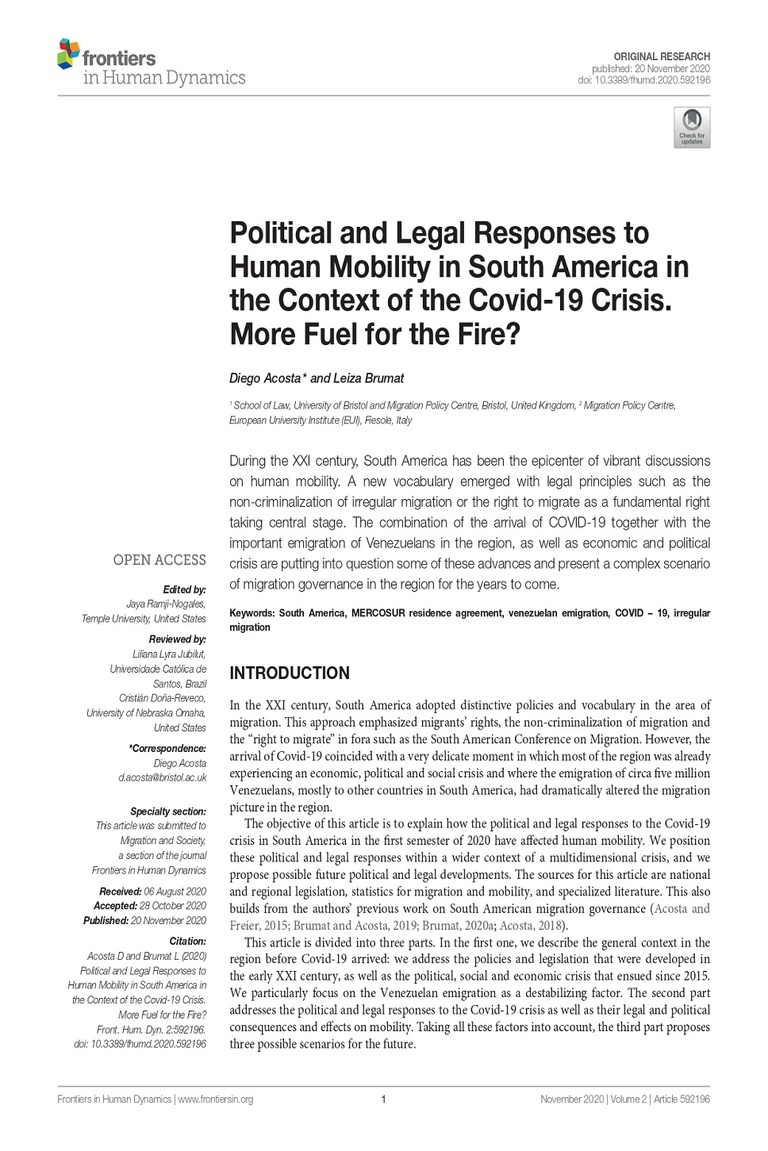Many don’t realize that migration has been a central element of global social change since the 15th century. Unfortunately, misconceptions about the 3 percent of world citizens who do choose to migrate can be destructive. In 2008, riots broke out in South Africa over workers from neighboring countries. Today’s rising tensions along the U.S.-Mexican border are inciting political, social, and economic upheaval. In the EU, political fortunes rise and fall on positions regarding the future of multiculturalism in Europe.
Relying on fact, not rhetoric, this three-volume book seeks to inform readers, allay fears, and advance solutions. While other reference works tend to limit their scope to one country or one dimension of this hot-button issue, this book looks at the topic through a wide and interdisciplinary lens. Truly global in scope, this collection explores issues on all five continents, discussing examples from more than 50 countries through analysis by 40 top scholars across 8 disciplines. By exploring the past, present, and future of measures that have been implemented in an attempt to deal with migration—ranging from regularization procedures to criminalization—readers will be able to understand this worldwide phenomenon. Both the expert and the general reader will find a wealth of information free of the unsustainable claims and polarized opinions usually presented in the media.
Suggested citation: Diego Acosta and Anja Wiesbrock (eds.), Global Migration Issues. Old Assumptions, New Dynamics (Praeger, Santa Barbara, 2015).





